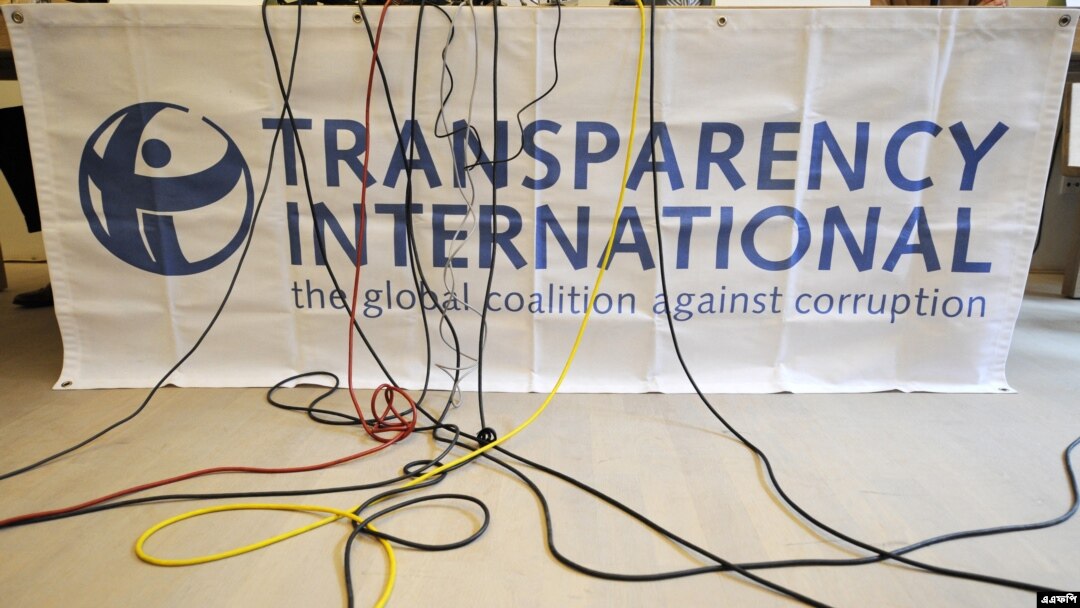Transparency International says democracy and development in the nations of sub-Saharan Africa were hit in 2022 by a series of challenges: security upheavals in some countries, the COVID-19 pandemic nearly everywhere, and climate change ranging from floods to droughts.
TI says that as a result, little positive movement in fighting corruption and promoting accountable democracy were achieved below the Sahara last year.
The NGO says security challenges and conflict not only undermined the fight, but also, triggered new rounds of political repression in a number of troubled nations.
Transparency International's 2022 "Corruption Perceptions Index," released January 31, 2023, depicts a wide range of rankings of nations.
At the top in SSA is Seychelles, with a Index score of 70, with Botswana and Cabo Verde next, each with a "60."
Seychelles has risen 18 ranks on the Index since 2012. Senegal, which came in at 43, gained 7 since 2012. Ghana's 2022 TI score is 43 as well.
South Africa's 2022 score, 43, is above the regional "32" average. However, TI notes the nation has had a series of corruption scandals and still has its former president, Jacob Zuma, facing charges related to the "State Capture" looting scheme during his term in office.
Ethiopia and Tanzania, both with a 38 score, are noted by TI to also have made significant recent improvement in laws and practices fighting corruption.
Angola has surged 14 places since 2018, now holding a score of 33, as its president, Joao Lourenco pushes his anti-corruption efforts through stronger laws and oversight bodies.
Kenya, which earned a 32, is six points higher than its 2016 ranking., but TI says Nairobi still lacks a robust whistleblower protection law.
At the bottom of TI's Index for SSA sits Somalia with a 2022 TI score of 12. Along with constant violence, Somalia's President Hassan Sheikh Muhamud dissolved two very important anti-corruption bodies with a "wave of the hand" decree. TI says the situation in Somalia continued to deteriorate.
South Sudan is also very low on the Index with a 13, reflecting TI's assertion that massive corruption by political figures and their cohorts has stolen significant funds meant to address dire food, fuel, and medicine shortages. Added to that is the endless political battles among its leaders.
Significant low scores were also earned by DRC, with a 20, Sudan, with a 22, and Central African Republic at 24.
Nigeria also received a score of 24 in 2022, reflecting what TI says is a serious lack of Abuja enforcing the anti-corruption laws on its books.
Madagascar's 26 score reflects the government's aggressive suppression of anti-corruption activists, including the placing of criminal charges against that nation's TI leadership.
Mali's not much better, earning only a 28 - down from a 35 in 2015. TI says that violence between communities and by insurgents has crippled good governance and enabled corruption.
Liberia came in with a 26 this time, but that is down from 37 in 2016.
Lesotho's 37 score for 2022 appears better than many, however, it also reflects a drop of 12 since 2014.
Transparency International notes that the combination of hunger, climate, political upheaval, and insurgency has given sub-Saharan Africa desperate needs for outside funding.
And with piles of cash on-hand, some fingers are putting it in pockets. With impunity, in places.
This report compiled by Jeffrey Young.


